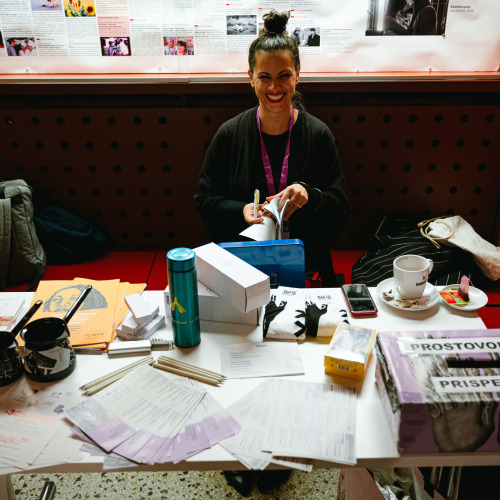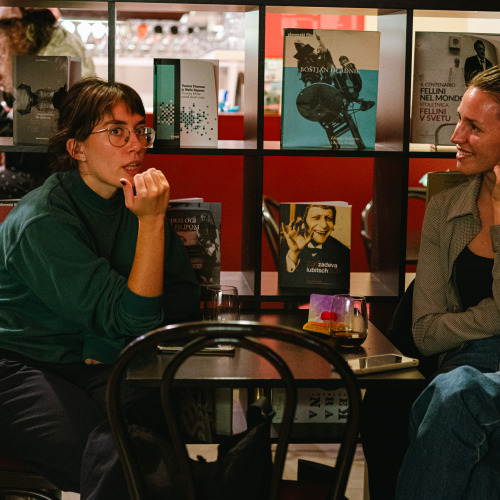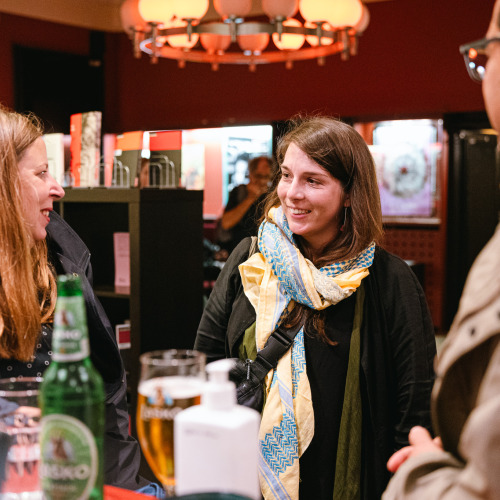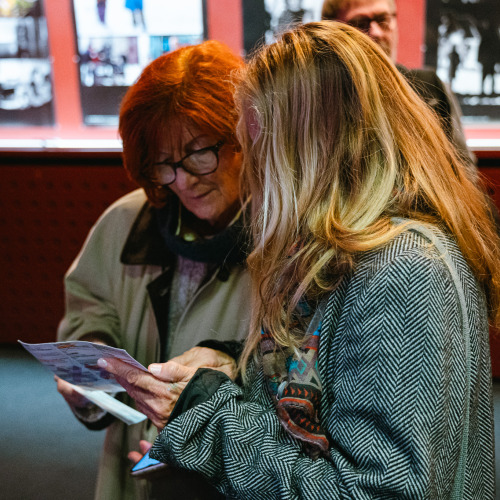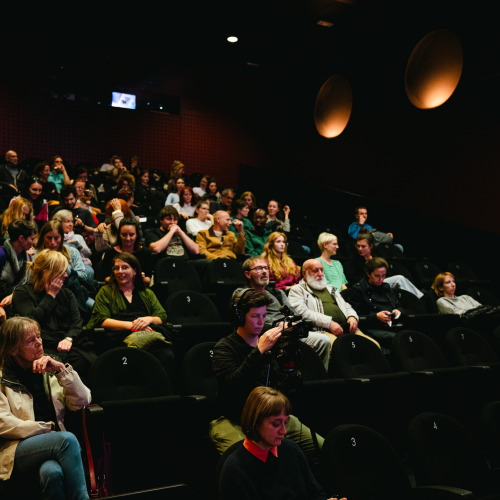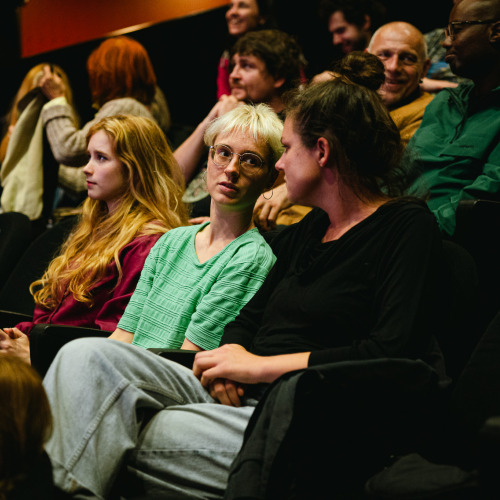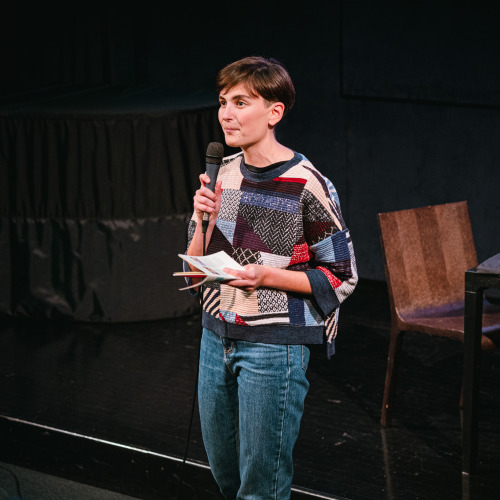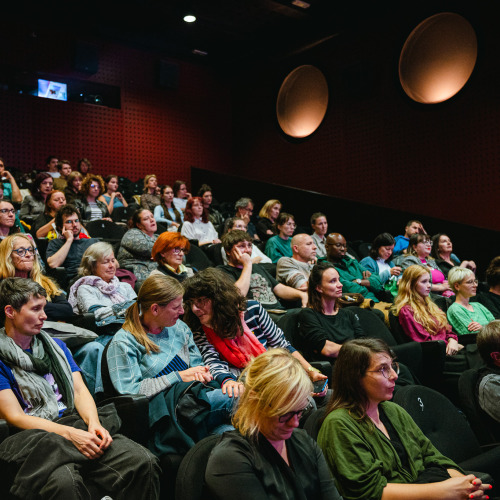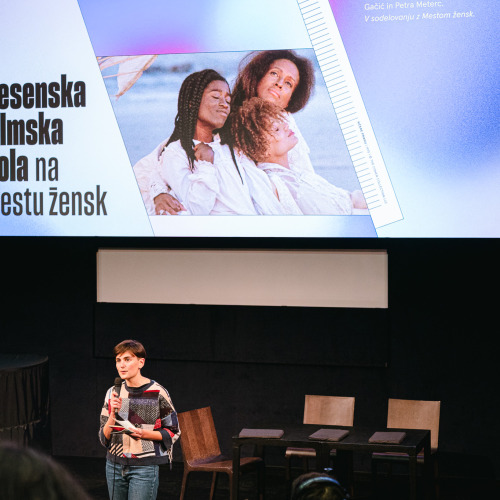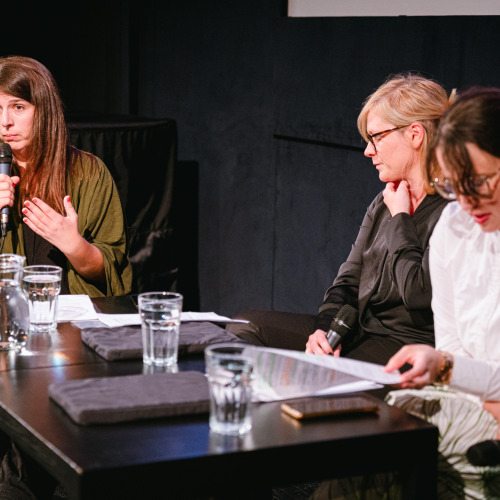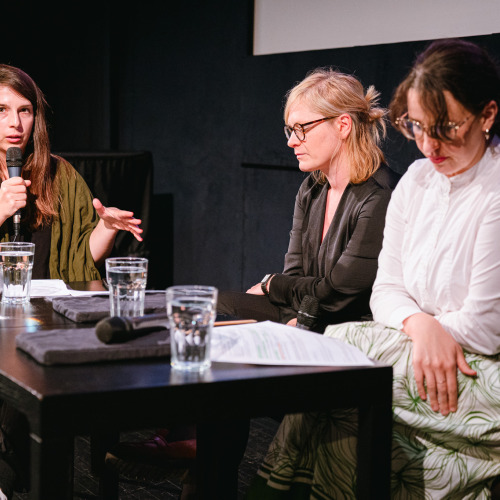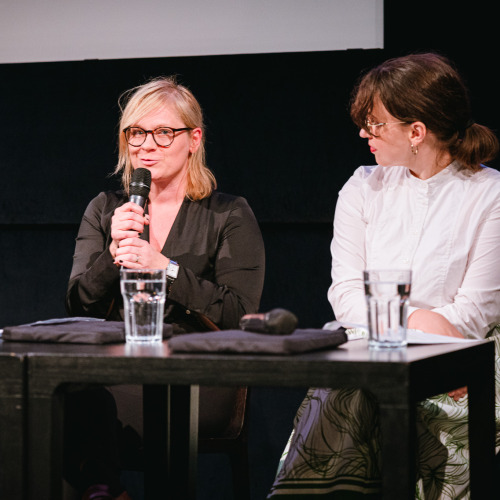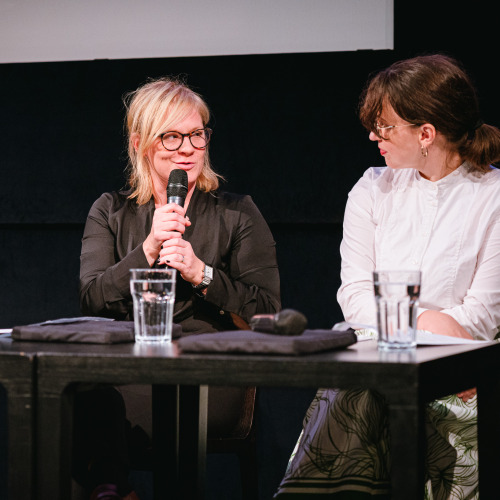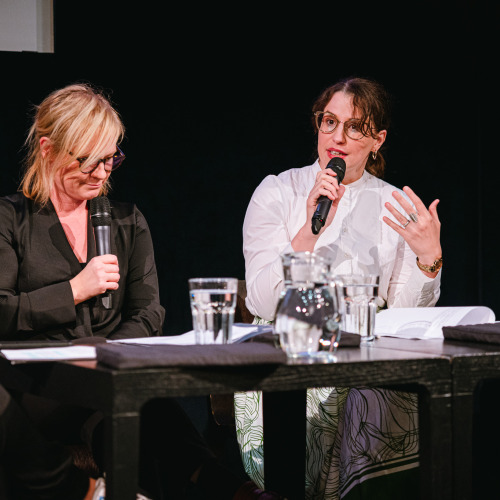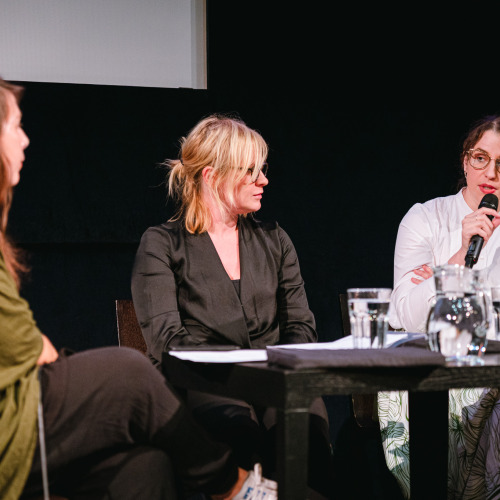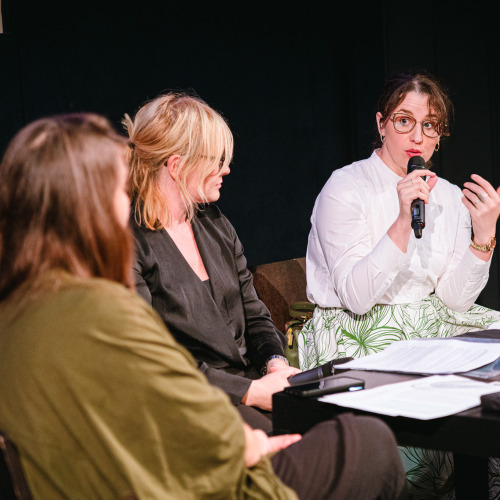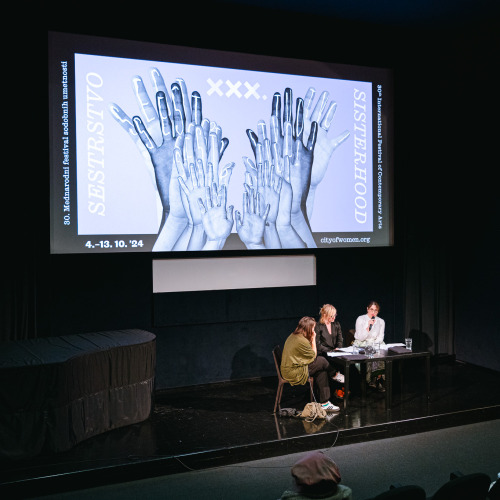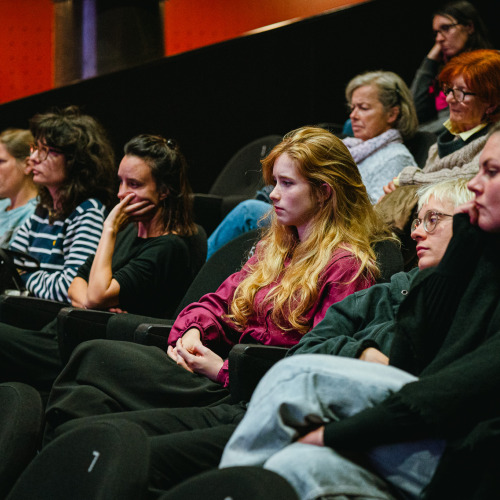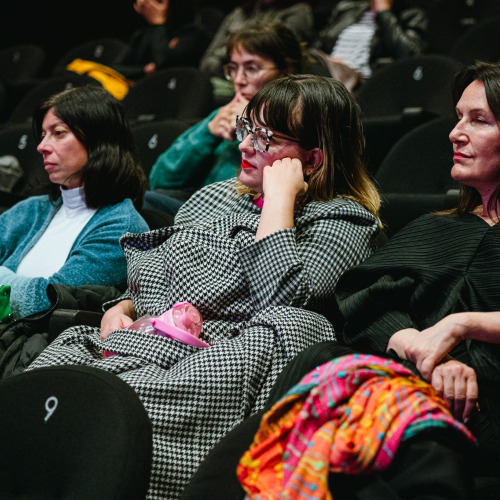
Daughters of the Dust
Daughters of the Dust is a meditative and poetically dreamlike portrait of multiple generations of Gullah women from the Sea Island off the coasts of South Carolina and Georgia. The inhabitants of these islands are descendants of Nigerian Igbo people, brought there by slave traders. At the turn of the 20th century, younger generations, in search of work and a better life, decide to move to the industrialized North of the United States. The narrative, told from the perspective of an unborn child (Kai-Lynn Warren), intertwines the viewpoint of the community's matriarch, Nana Peazant (Cora Lee Day), and other women. The director bends the classic linear narrative structure to align with the traditional heritage of West African storytelling, and through a female perspective, paints a story of the tension between the past and the future of this fragile yet fundamentally strong community, living on the threshold of a relentless 20th-century America.
1991, 113 min, USA, in English and Gullah with Slovenian subtitles
Discussion: Decolonised images: sisterhood and collective memory
Julie Dash's film Daughters of the Dust represents a crucial work of African-American cinema. Fifteen years in the making, it was the first feature film directed by an African-American woman to be distributed nationally in American cinemas, while at the same time differing significantly from African-American filmmaking of the time. By rejecting the Eurocentric view and traditional narrative techniques, the film foregrounds the experience of the women of the African diaspora, the role of the family and the sisterhood among different generations, while also representing a decolonial departure from the collective trauma of the Afro-diasporic community by focusing on everyday work, communal living and rituals. In the discussion following the film, we will reflect on Dash's feminist approach to filmmaking, the rootedness of film in the African diaspora and the related visual and narrative innovations, as well as the space Dash's film has opened up to the reflection on the history of marginalised communities and their collective memory. The round table with Nina Cvar and Aleksandra Gačić will be moderated by Petra Meterc.




